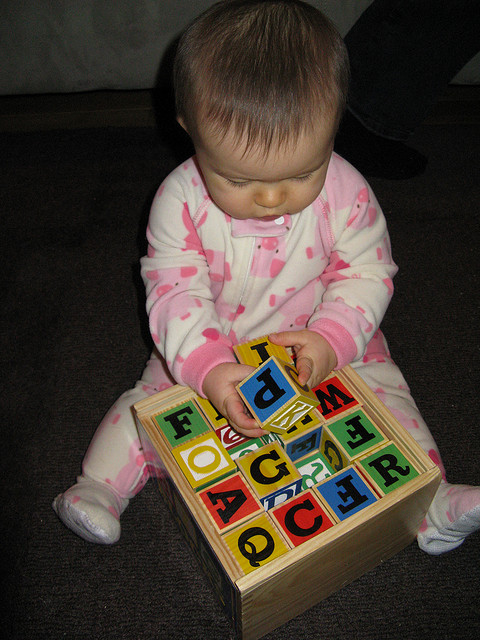I’m posting at Fare Forward today, talking about the word gap, and why solutions should include structural reform of work schedules, wages, and zoning — not just increased effort from individual parents:
Poorer children start falling behind the richer children in their age cohort long before they toddle off to their first day of school or sit down for their first standardized test. Before formal instruction begins, children learn from their parents. Poorer children fall into a “word gap”—they hear and say fewer things per day than more well-off children. Words are just one more resource that, Piketty-style, accrues fastest to those who already have most.
In Providence, a team of researchers is trying to measure and close the word gap by fitting little kids with microphones and keeping count of what they hear and say. The researches then share the tallied words and plotted charts they assemble with the parents. Far from conducting a blinded study, the researchers’ goal is to use sensitivity to observation to reshape behavior. Instead of high-handedly instructing the parents to alter their approach, the researchers point to the data and nudge parents toward their own conclusions: After seeing a dip during the hours the television is left on, for instance, the parents decided to limit viewing hours.
The television is an environmental factor—it interests the researchers because it inhibits useful speech. Since it remains wholly under the control of the parents, they have the power to shut it off and speak to their child themselves. But there are other environmental limits on fruitful speech that the researchers are unlikely to highlight, because it will take more than just one parent to change them. The parents in the study don’t have any period where they work fewer hours, and so the researchers don’t see what their child would sound like if their parents had more moments to concentrate entirely on their child, or were less tired when they came home, or simply were home earlier in the day.
Also, Aaron Gertler, of the Yale Effective Altruists, has written up his impression of my talk on Effective Altruism and Caritas.
(I adapted my talk into a radio broadcast a few weeks ago)













